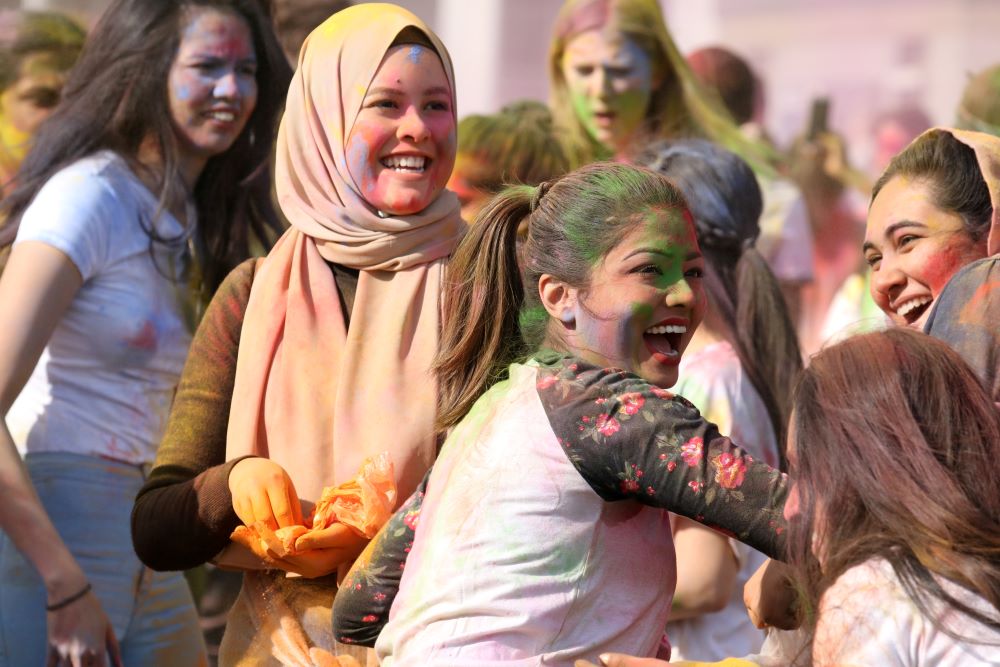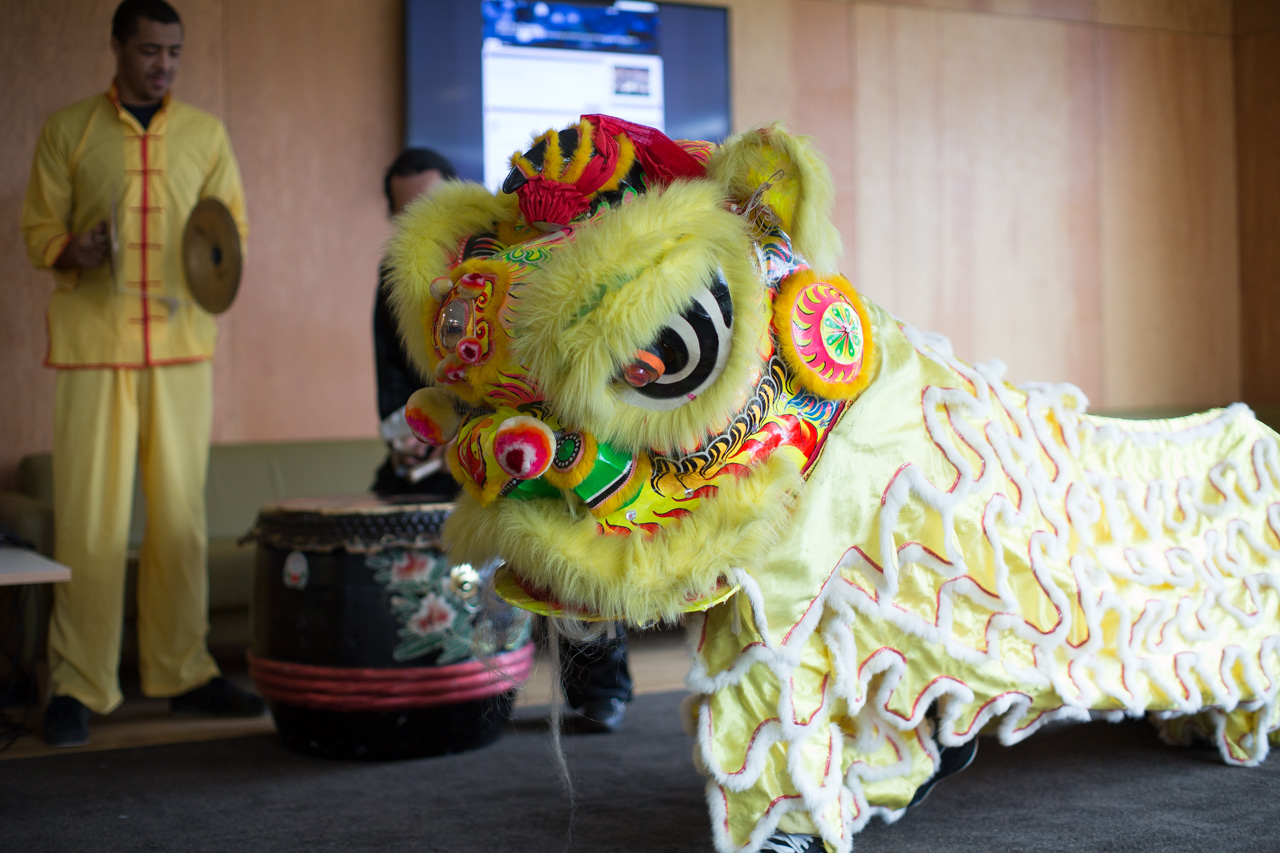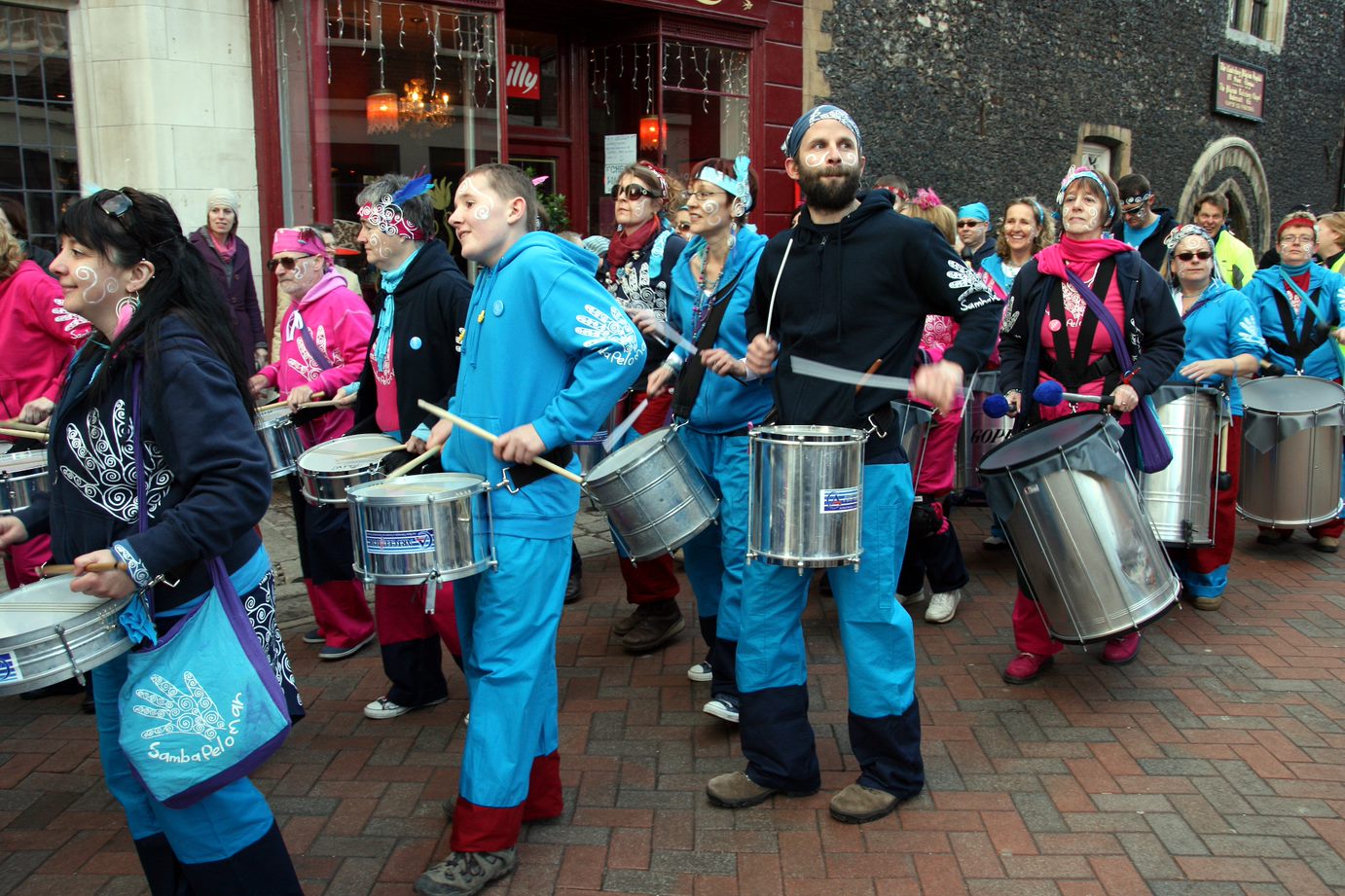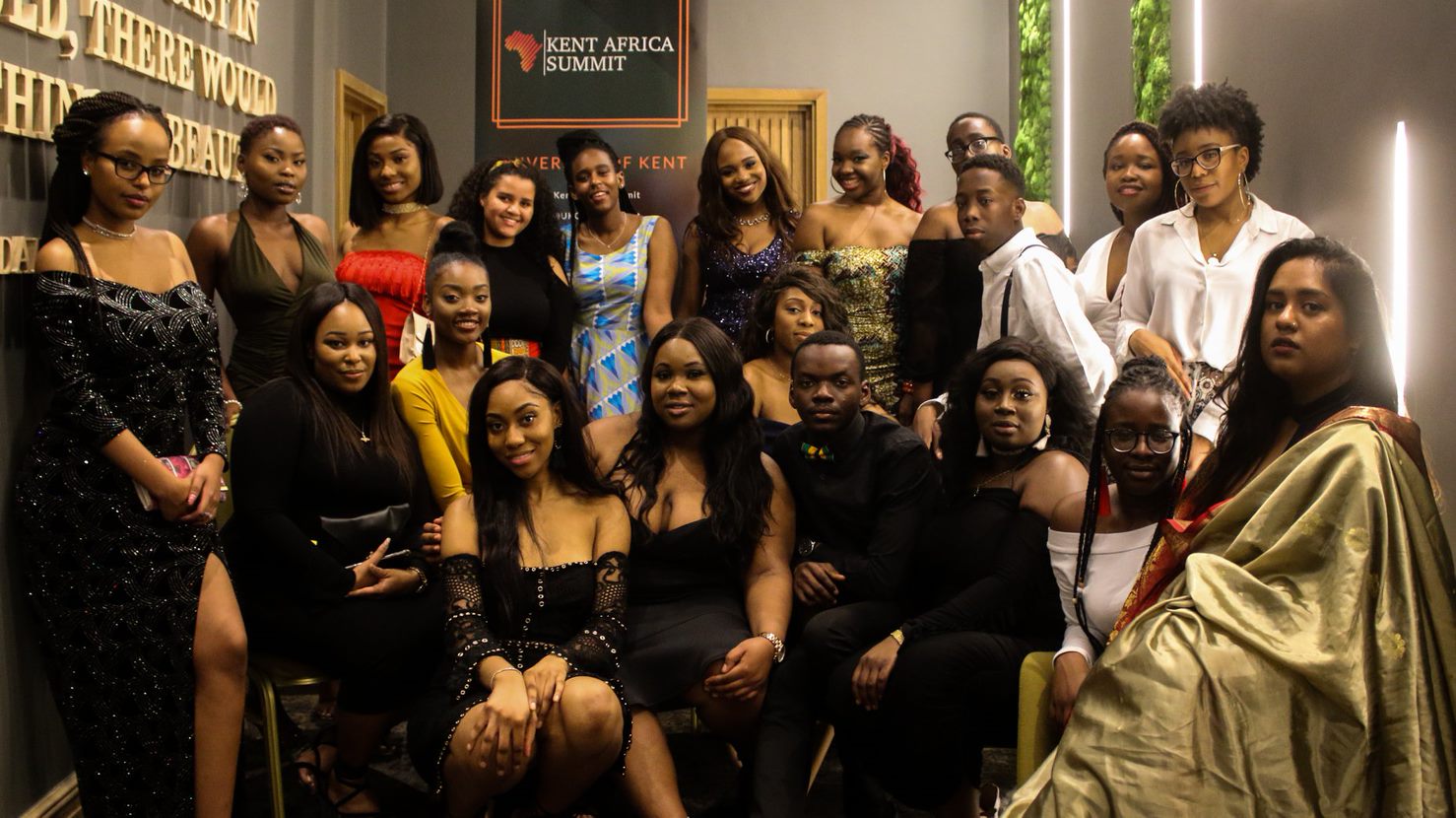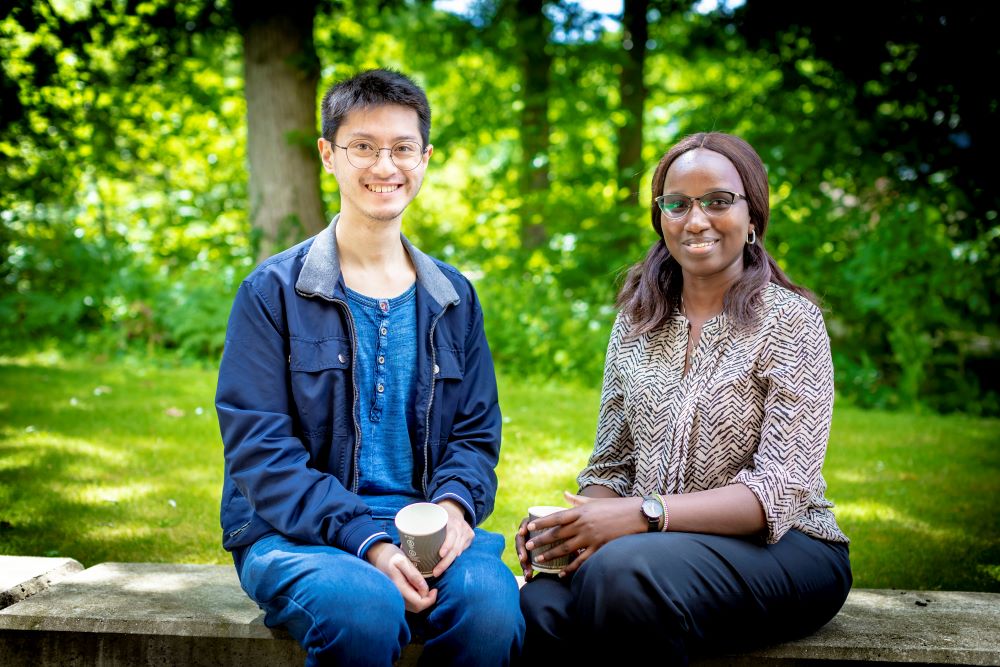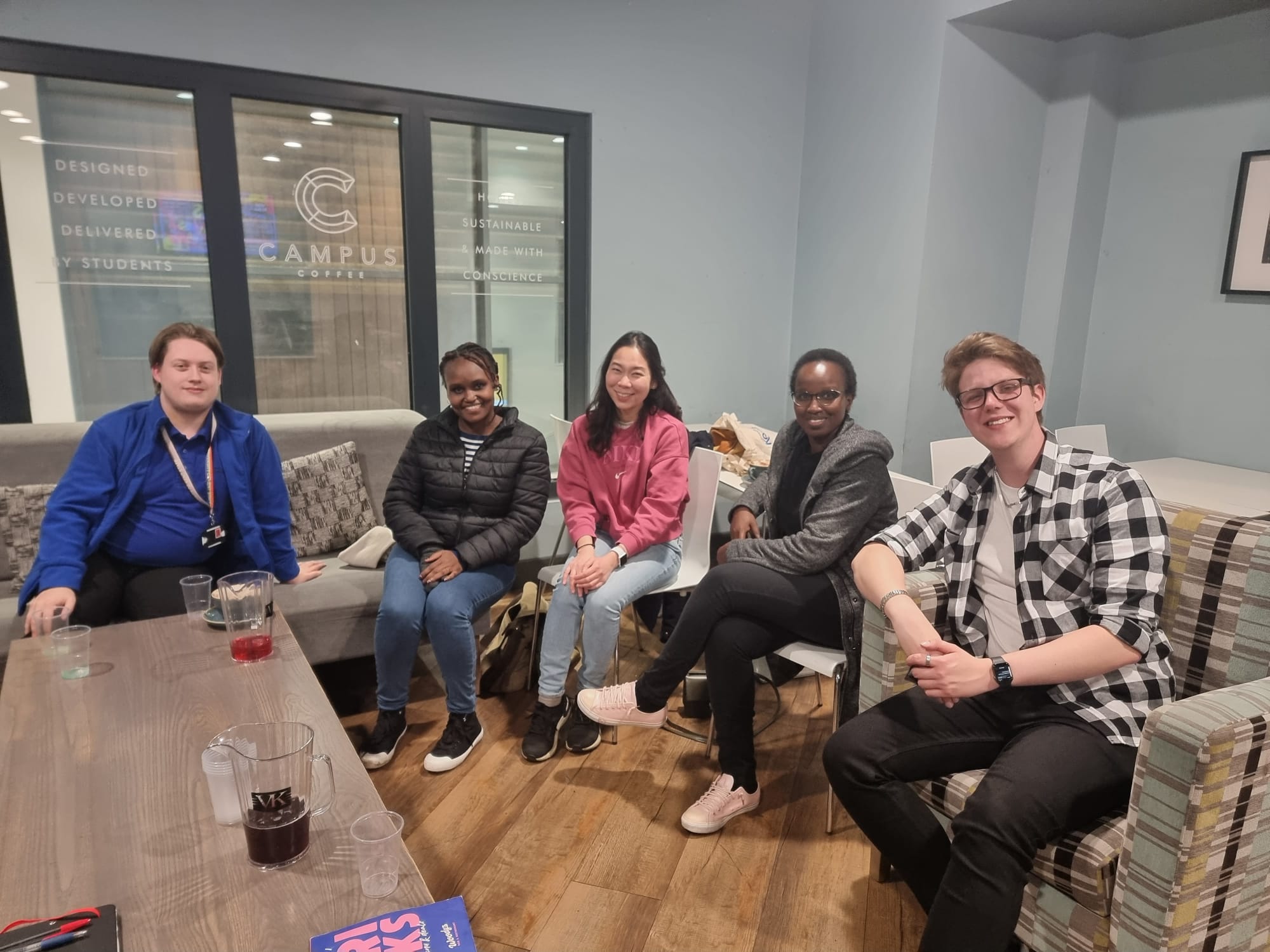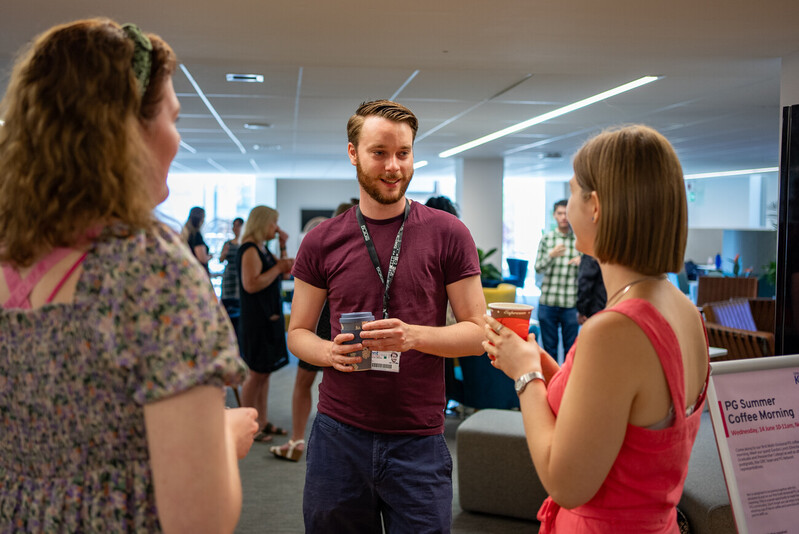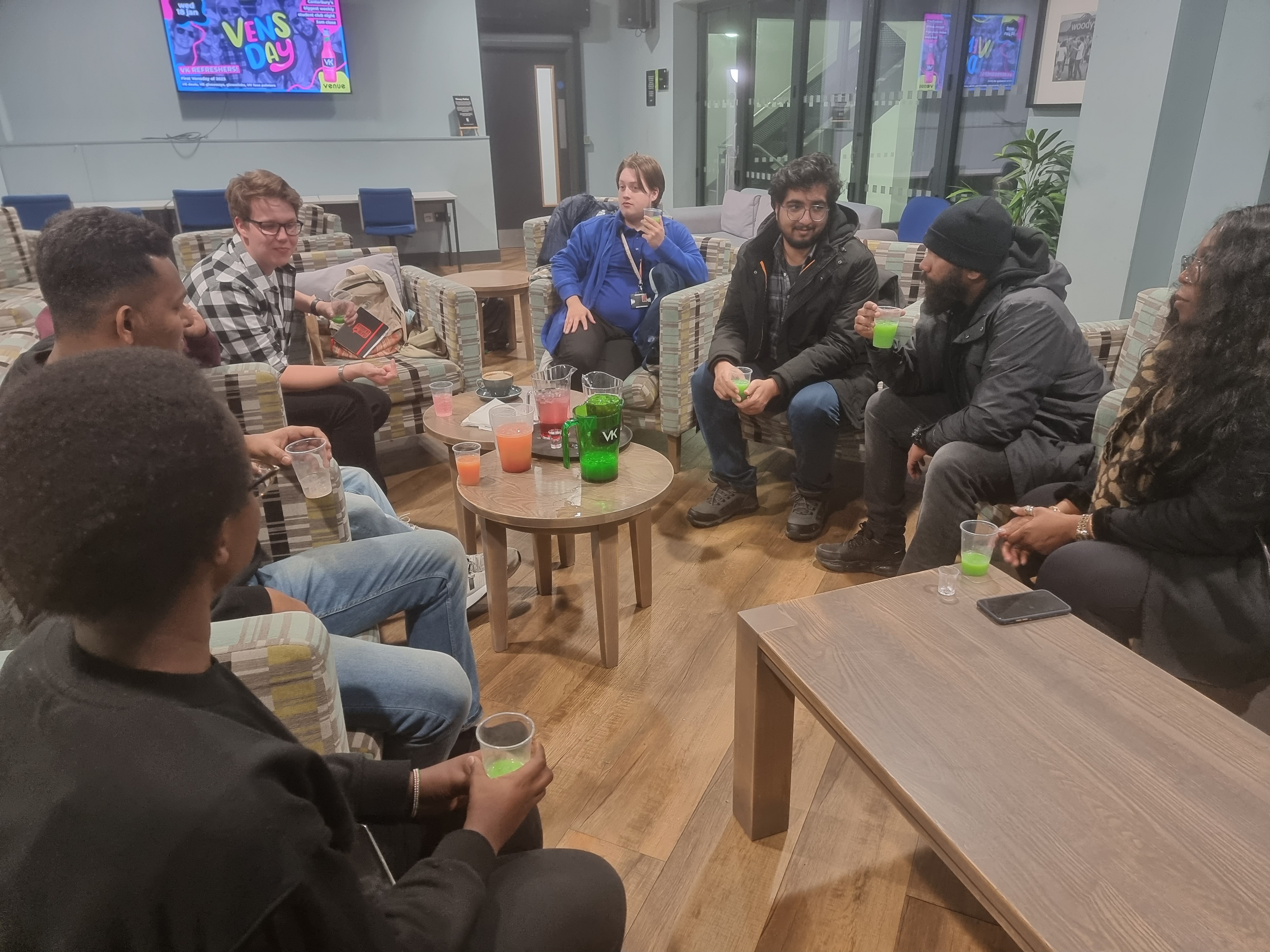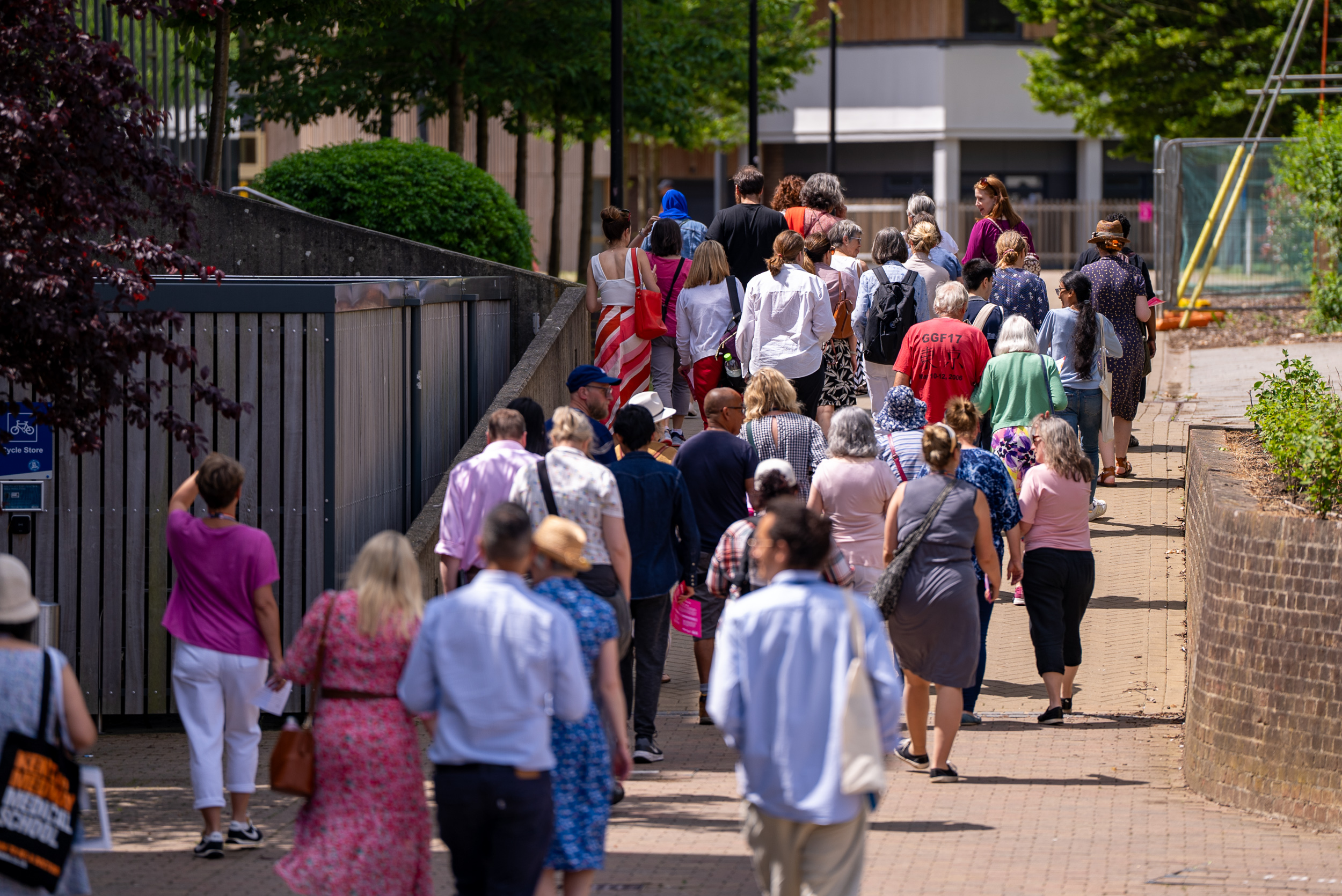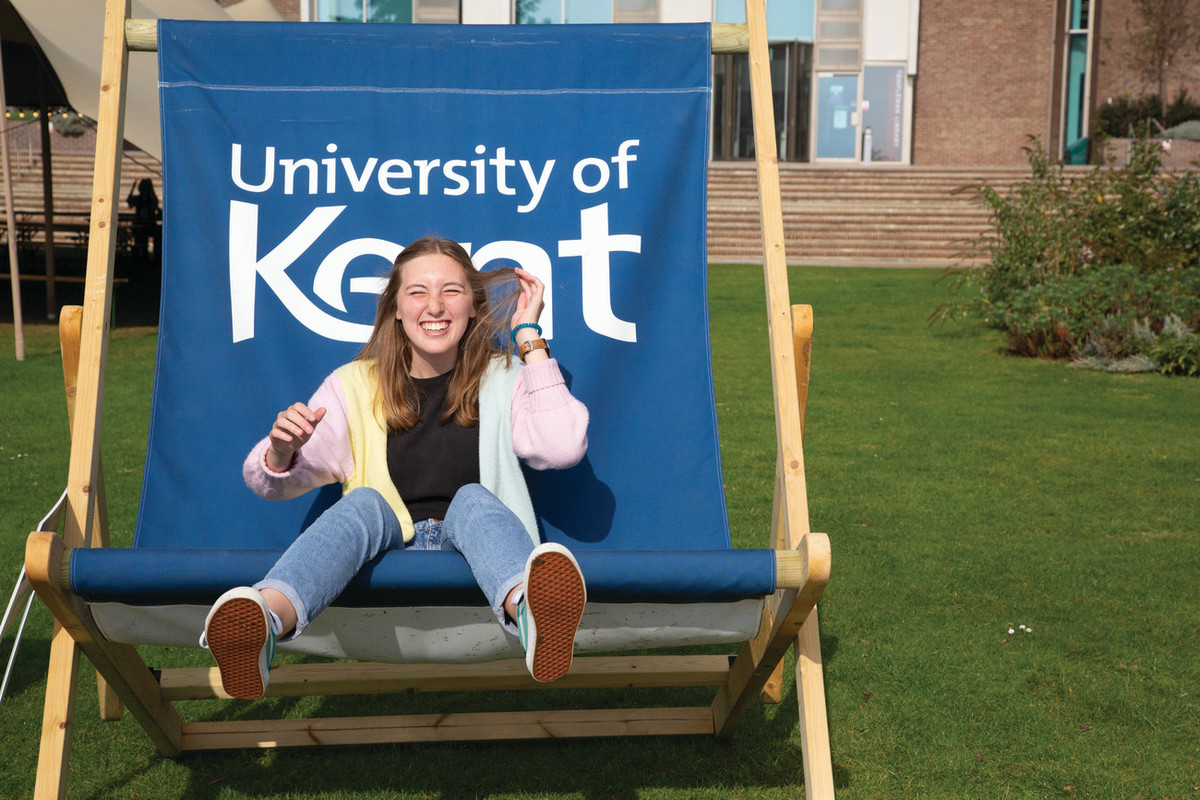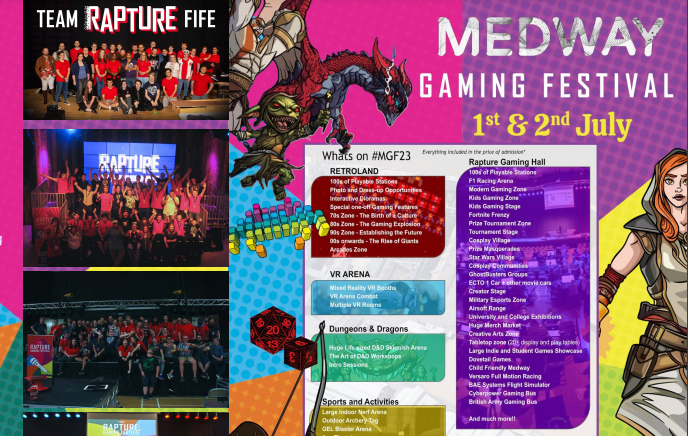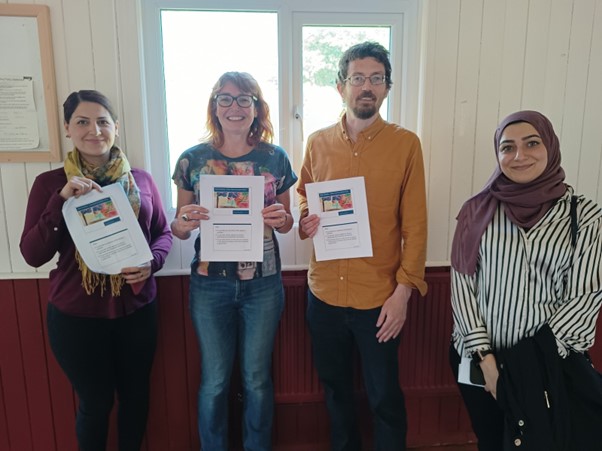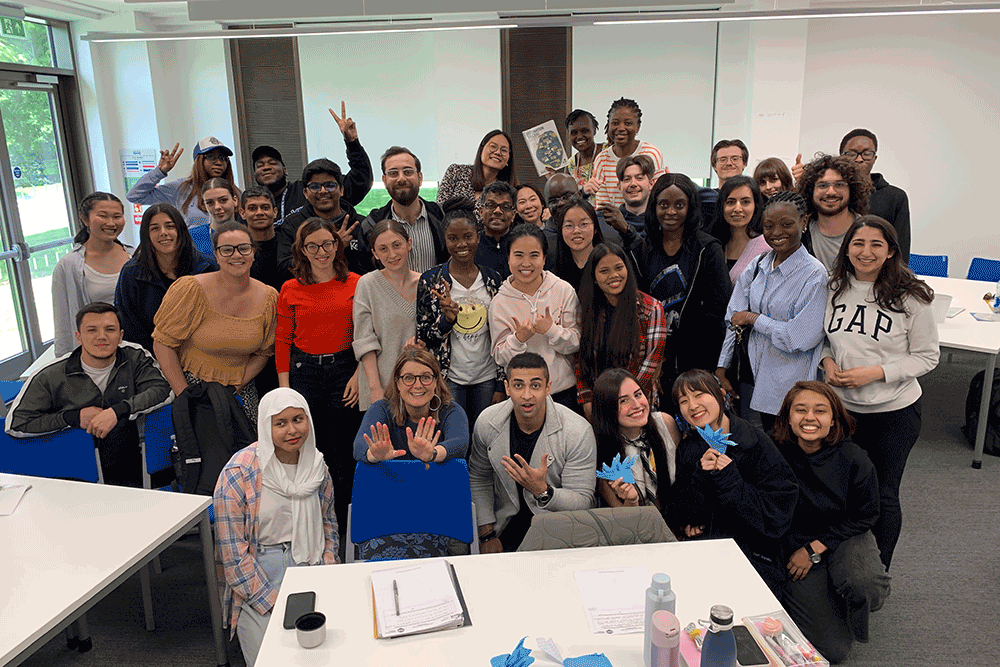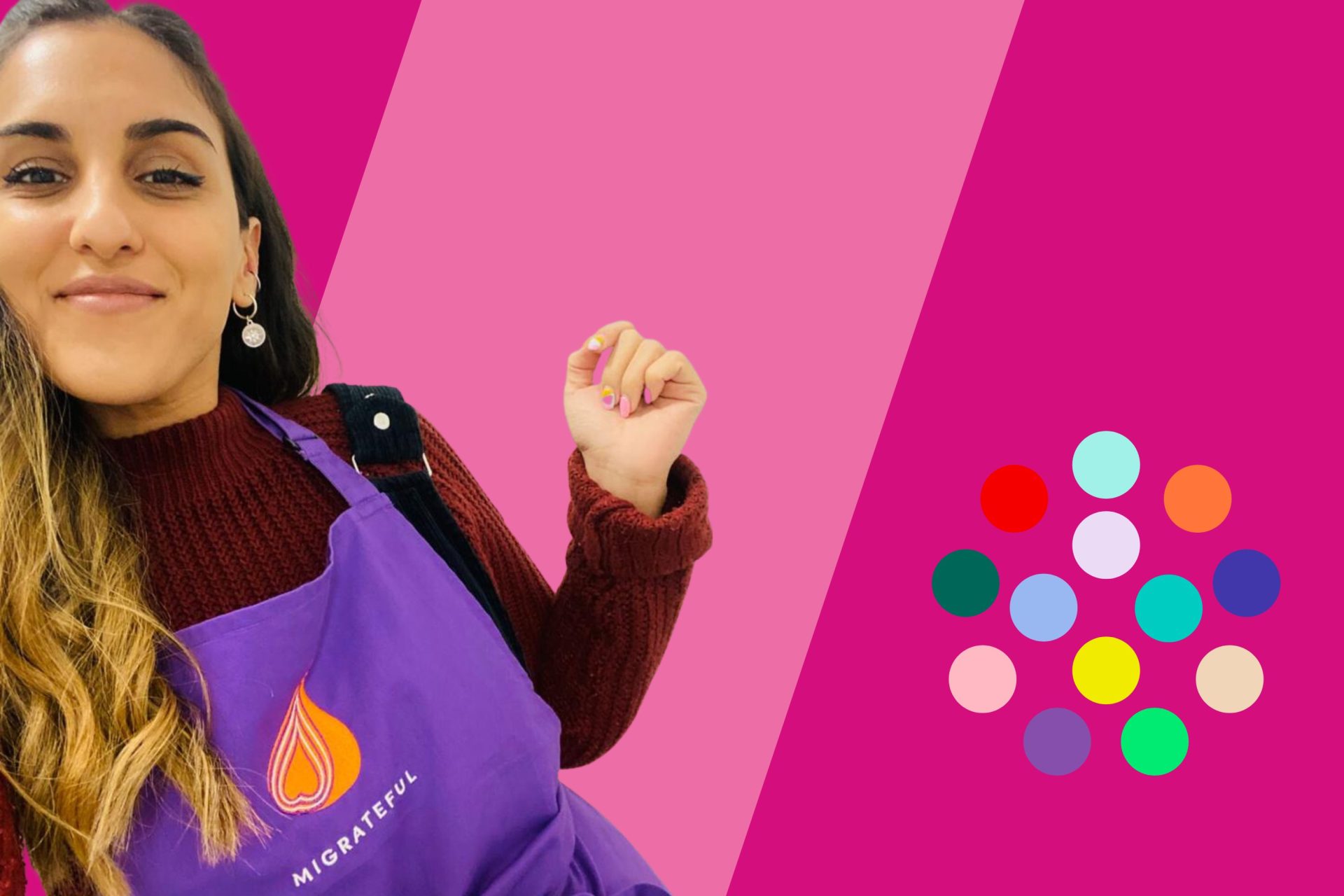It was wonderful to see different parts of our local community at the University of Kent intersect and celebrate the contributions and resilience of refugees and people seeking sanctuary, at a series of events taking place on Wednesday 21 June 2023 for Refugee Week.
Opportunities for community members, staff and students to come together to learn, share experiences, and expressions of compassion, solidarity and understanding included: a choir performance, a guided walk, a ‘taste of migration’ through a free shared lunch, and a lecture in the library. Running parallel to this was a visit from residents and Friends of Napier Barracks in Folkestone, where migrants and asylum seekers are detained while their applications for leave to remain are processed.
Guided walk: Refugee Tales trail
Around 35 people (an even mixture of staff, students, alumni and members of the wider community) joined a short guided walk through part of the University of Kent campus, stopping to listen to the experience of refugees written in the Refugee Tales book along the way.

Before we set off, Natalia Crisanti (Engagement and Communications Officer), who coordinated the Refugee Week programme at Kent, introduced the event and a performance from the Kent Community Choir, who sang ‘Moving‘ , a song written by students and refugees at the Berlin School of Popular Arts at SRH Berlin in Germany.
Kent community choir member: “thank you for inviting us to be a part of it – a moving and humbling experience”

Along the route, the Refugee Tales extracts were read by Philip Pothen (Director of Engagement), Basma Eldoukhi (PhD student, Migration Studies), and Sam Scott (Philanthropy Manager). We finished at the Kent Community Oasis Garden to reflect and leave a message, before returning to the start point for a ‘taste of migration’ through food inspired by the fusions of flavours that have come about because of the movements of people to the UK.

The guided walk and the stories shared during the event helped us to think more deeply about the experiences of refugees and asylum seekers, and the engagement and support contributed to an atmosphere of compassion and understanding, which we will remember and continue to speak about and reflect on.

You can listen to or read the Refugee Tales extracts from the walk again online on our Refugee Week webpage. If you would like to read the lyrics from the choir performance you can download them as a PDF.
Many attendees of the event got in touch with their reflections, including:
“I feel fortunate to have had the opportunity today to meet some people from Iran who have come to the UK and to hear some of their stories. I think more events of this kind are needed to allow local residents to meet refugees to build communities, shatter myths and remind ourselves that we are all human and we should support one another.”
“Having people read exerts of lived experiences whilst we were walking freely around the beautiful campus made the experience incredibly moving. At one point a colleague and I had our arms around each other because we were welling up. This event brought the University closer to our local community as we shared a valuable experience together. I had some deep and meaningful chats with members of the public whilst on that walk, and it felt important that we came to learn and to understand together.”
Following the Refugee Tales trail, everyone was welcome to an open lecture by Professor Panikos Panayi, Professor in Economic History from De Montfort University, who spoke about this history of fish and chips, and links to migration and Britishness. We explored the links of the dish with migration and the popularity of fish and chip shop ownership with different migrant communities, as well as historic associations with social class and status. At the end we reflected on how this ‘national dish’ perhaps reflects a vision of a modern, inclusive and diverse Britain, and that over fish and chips we can have many conversations about our backgrounds, and cultural traditions relating to food, sharing our experiences and beginning to understand each other better.
Napier residents and friends receive warm welcome and practical guidance on continuing education
Also on the day, it was a privilege to welcome 25 residents and friends from the Napier Barracks in Folkestone, who joined us on campus for these events and to explore their opportunities for continued education if and when they are granted leave to remain.

Their visit included a welcome introduction from Philip Pothen, Director of Engagement, with refreshments at the Gulbenkian Arts Centre café. We were delighted that some of the visitors took part in the choir performance alongside members of the Kent Community Choir, singing in English and Arabic. After this, the group embarked on a campus tour, finishing in the Kent Community Oasis Garden to join the participants in the guided trail to leave messages of reflection.
The atmosphere was joyful and hopeful, as we shared a multi cultural lunch outside. This included fish and chips, Keralan biryani, and middle eastern dishes including falafel, hummous, baba ganoush, fattoush, fried pitta, flat breads, and Arabic coffee. Some of these dishes were made authentically by our friend and refugee, Hassan Alsoufi, as well as by the catering team at the University. It was fantastic to see everyone eating and sharing this range of delicious food together, sharing stories and chatting in the sun. The group then received information from colleagues with expertise in admissions, immigration and access to Higher Education, and were also given time to ask individual questions about how their existing qualifications might be recognised when applying to continue to study in the UK.
Throughout the day, the conversations between the Napier residents and friends, staff, students and local community members helped bring home the importance of Refugee Week in recognising experiences of migration.
The Napier group were overwhelmingly positive about the visit, commenting:
“Thank you so much for today’s tour. We really enjoyed it.”
“It was very helpful for all of us, had a wonderful campus tour and had the chance to meet very good people.”
“God bless all of you and much appreciate it.”
